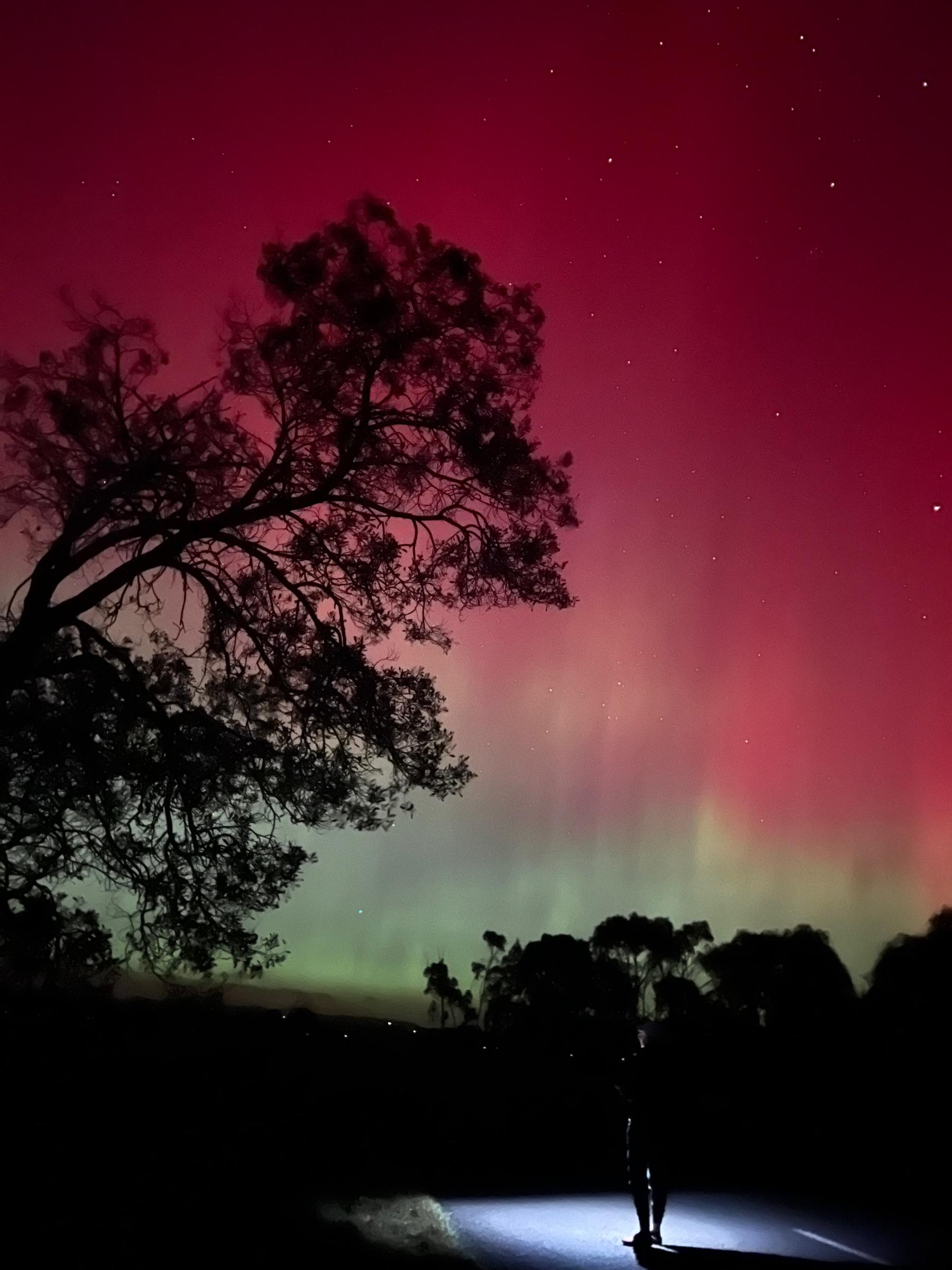Reflection

Gospel
The spirit will guide the Apostles to all truth
Now when it was late that same day, the first of the week, and the doors were shut, where the disciples were gathered together, for fear of the Jews, Jesus came and stood in the midst, and said to them: Peace be to you.
And when he had said this, he shewed them his hands and his side. The disciples therefore were glad, when they saw the Lord.
He said therefore to them again: Peace be to you. As the Father has sent me, I also send you. When he had said this, he breathed on them; and he said to them: Receive all the Holy Ghost. Whose sins you shall forgive, they are forgiven them; and whose sins you shall retain, they are retained. John 20: 19-23
Reflection
Pentecost Sunday is often called the birthday of the Church. For the ancient Israelites, Pentecost (meaning 'fiftieth') was a harvest festival celebrated 50 days after the beginning of the harvest. When the Jerusalem Temple was built, this harvest festival was transformed into a pilgrimage feast to celebrate the covenant that God had made with Israel on Mt Sinai.
Luke tells the new Pentecost story in symbolic language that evokes the story of Moses and the people of Israel receiving God's Law on Mt Sinai. Just as God’s presence to Israel was marked by earthquake and thunder and fire, so God’s Spirit enveloping the people of the new covenant appears in a mighty rush of wind and tongues of fire.
For the teaching at the heart of the new covenant, we turn to the gospel reading from John. The risen Christ appears to the disciples who are huddled behind locked doors. He offers the simple greeting: "Peace be with you," the greeting we offer each other at every Eucharistic celebration. He sends them on a mission of peace in continuity with his own God-inspired mission. He breathes on them the gift of the Holy Spirit and tells them that God will forgive those whom they forgive, and will “retain” or “seize hold of” the transgressions of those whose sins or transgressions they “retain”.
To seize hold of wrong-doing is to expose it and deal with it. Sometimes it is best to forgive and simply allow everyone to move on. In other situations, an easy amnesty only exacerbates the problem. Much of the enduring conflict in our world derives from the inability of ordinary people and of leaders to know how to deal with transgression. The Holy Spirit is the unique source of our power to forgive, of our capacity to deal with the perpetrators of violence, and of the strength we need to refrain from vengeance. Sadly, the desire for vengeance often inhibits healing in those who have suffered violence or abuse, and even in those who endeavour to support them, so that the cycle of transgression continues. We must work ceaselessly as a global community to address the causes of violence and abuse and search together for lasting solutions. As we celebrate Pentecost Sunday, let us gather into our hearts all the distressed members of our Earth community and pray with greater urgency than ever: “Come Holy Spirit, renew the face of the Earth.”
Julie Leonard Religious Education Leader/Wellbeing Leader

